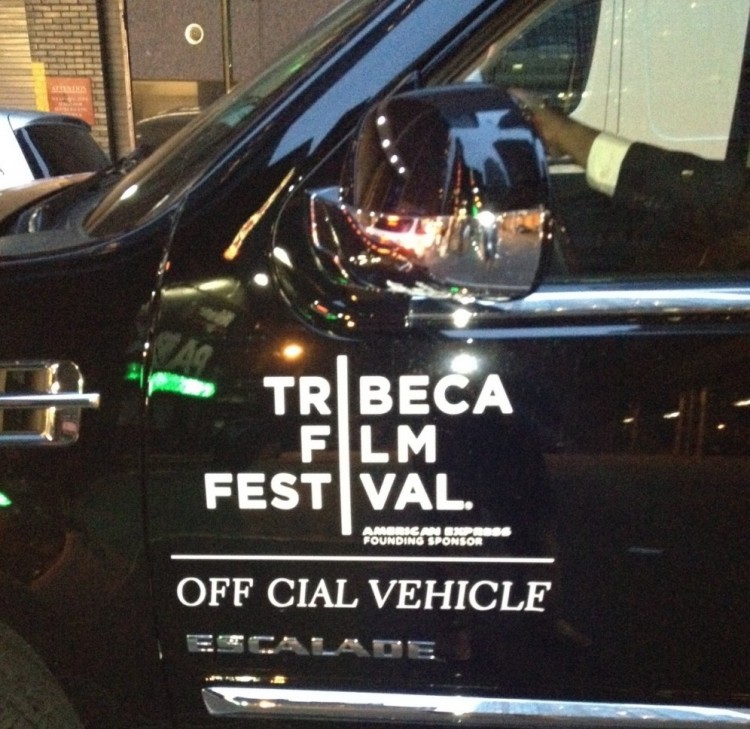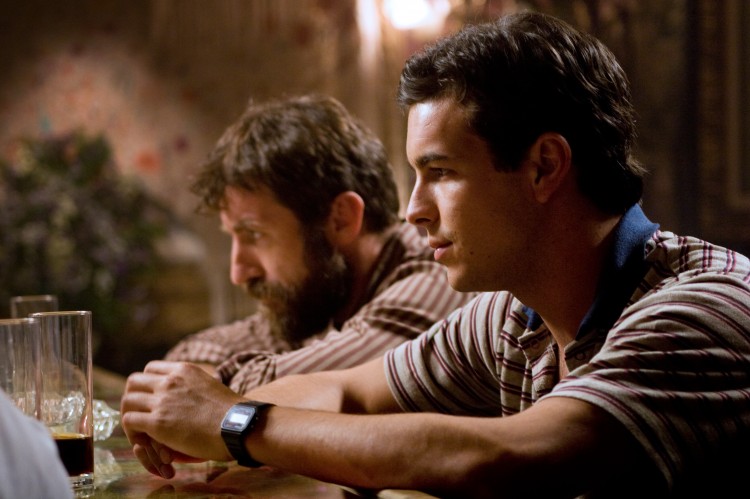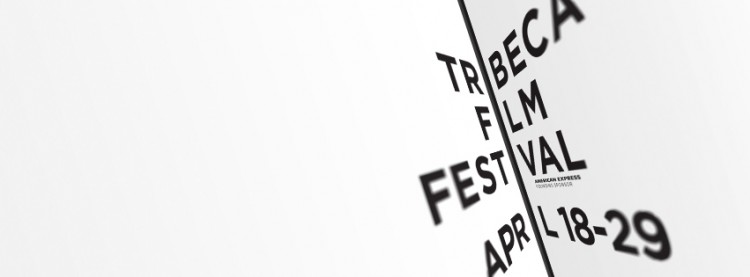“Capitalism is not natural, it’s just brainwashed into us,” Antonino D’Ambrosio director and producer of Let Fury Have The Hour, a documentary of art as a political statement, as a “creative response,” tells me in the foyer of Tribeca’s Cadillac Lounge. “Dialogue is the beginning of change,” Antonino says as he turns to his publicist, who brings him a vegetarian sandwich.
In his first feature documentary, Antonino goes back thirty years to the cultural resistance of the 80’s, “when America changed forever.” He features dozens of mavericks of thought, science, and humor: artists, environmentalists, entrepreneurs, and futurists, including semi-legends like Wayne Kramer and John Sayles, and a string of brilliant left-wing counter-culture charming-motherfuckers. During quick interviews, they leave very little unchallenged: From our collective apathy, to our acceptance of hierarchy in politics, to capitalism and religion, all the way to the top – “How can there be God? God struck Haiti when there is Las Vegas?” More…






![pappos4[8]](http://keepthelightsonfilm.com/wp/wp-content/uploads/2012/04/pappos481-750x1124.jpg)